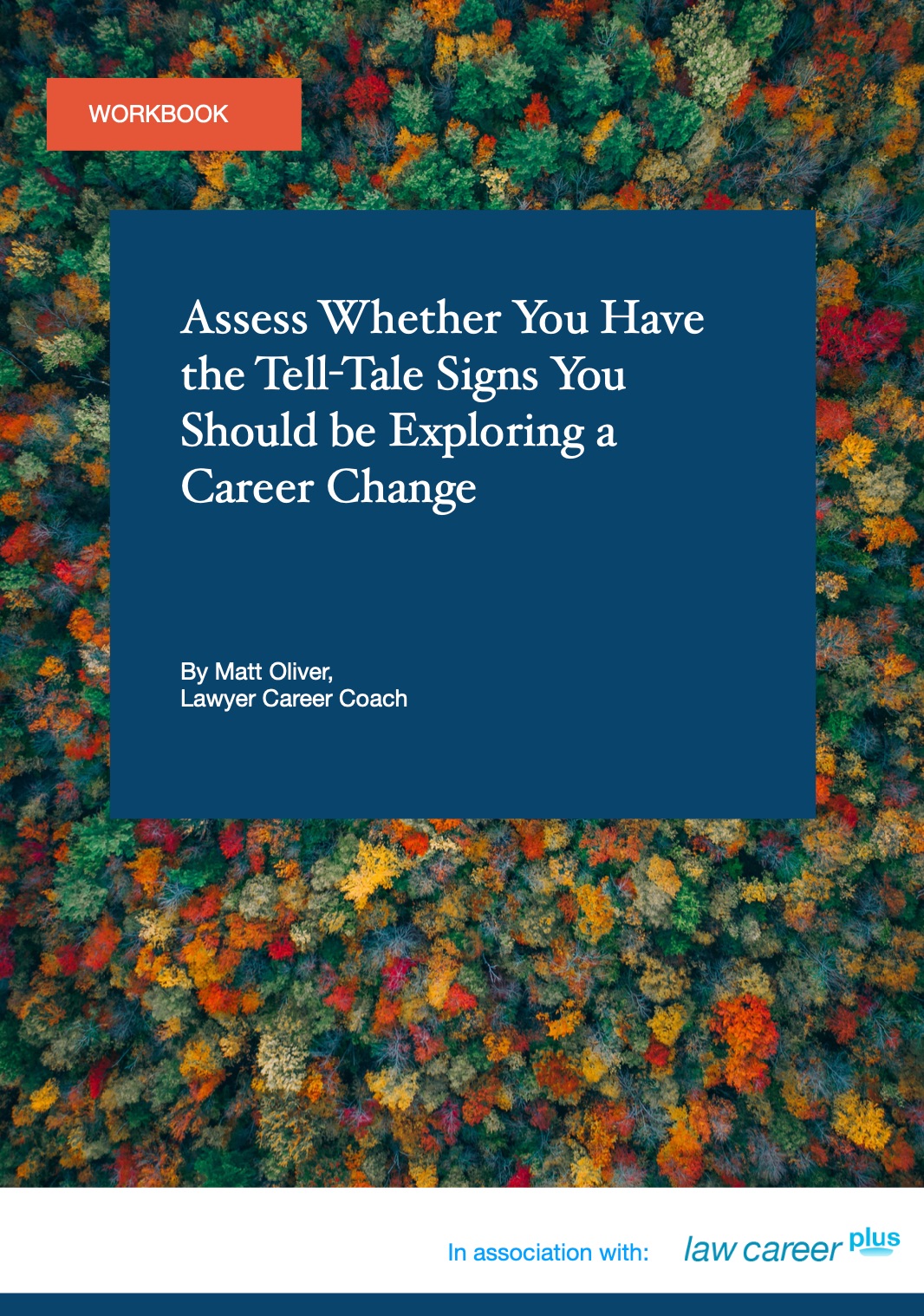Not necessarily the cushy 9am to 3pm number you might imagine.
The teaching training required mandatorily for the state primary sector is fairly intense, but fun, a precursor to the work involved in being a classroom teacher. There are certain themes that become an essential part of school life, including:
1. Planning - detailed daily, weekly and termly planning ensures continuity, progression and meeting of targets.
2. Marking - can be time consuming, needing to be more than just a tick or a cross, requiring more detailed diagnostic comment, concentrating especially on the core subjects i.e. English, Maths & Science. More detailed 'feedback' engenders a greater sense of value and progress for the pupil.
3. Classroom organisation - ensures each day / week runs smoothly, involving, for example, clearly designated areas for different subjects i.e. Maths equipment in one area, art in another, also bright and interesting displays with clear labelling. All of these ensure a happy and secure learning environment.
4. Assessment - enables each teacher to ascertain the achievements of each pupil and where those pupils may need specific attention, with particular focus on the core subjects.
5. Preparation - the final part of planning and essential, finding activities to fit in with the daily plans, in books or on the internet or created by yourself can be again time consuming and hard work but a great benefit to the children if carried out diligently and rewarding for the teacher when each pupil clearly learns and attains their target.
Primary School Teaching in the state sector can be very rewarding. A mixture of pupils from a variety of backgrounds makes each day exciting, lively and challenging. Each time a child responds positively to your teaching strategies gives you a fantastic sense of job satisfaction; getting the child that sits under the table to talk to you; teaching a mathematical problem to a child who is struggling with the concept but then experiences a moment of clarity, which each time boosts their self esteem; challenging a very able child each day to improve constantly, evaluate and work through more difficult concepts, making school more interesting and exciting; the look on any child's face showing the happiness that they have understood or at last someone has understood them; looking through the books and seeing the progression made from September to July; the memories of a teenager recounting the wonderful time spent in your class when they were eight years old...
Teaching is about the children, becoming part of their lives, valuing each individual as much as they value you. It's not about the holidays (often filled with exhaustion from an intense term) or the nine 'til three (which is usually eight 'til five in reality), it's about the enjoyment and the rewards of working with children.

